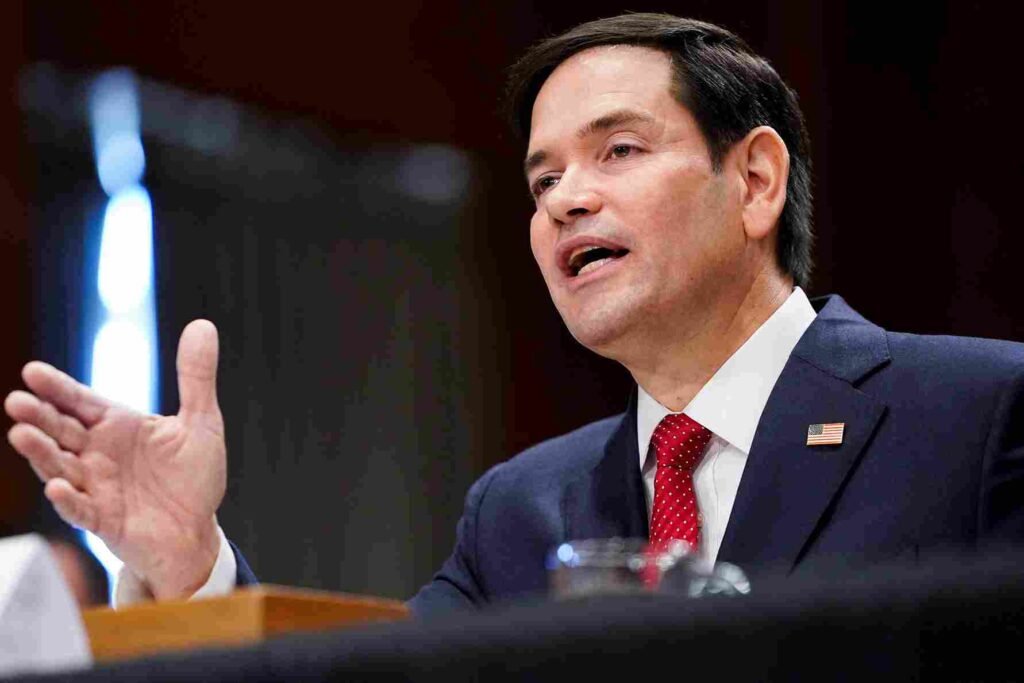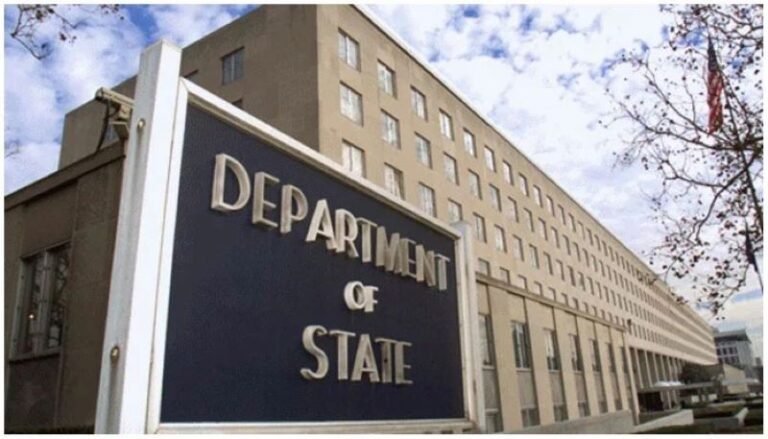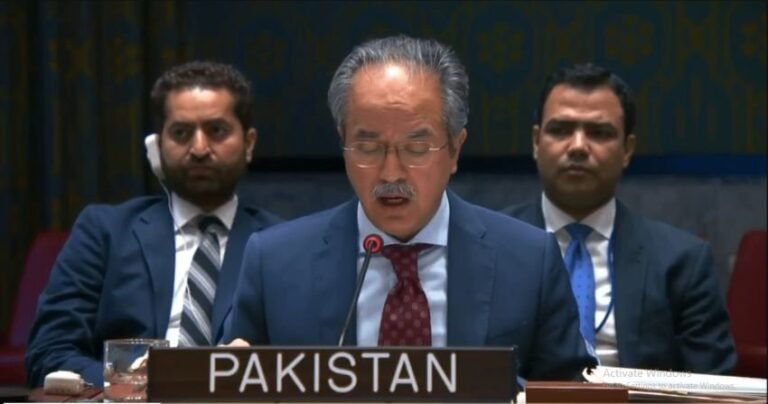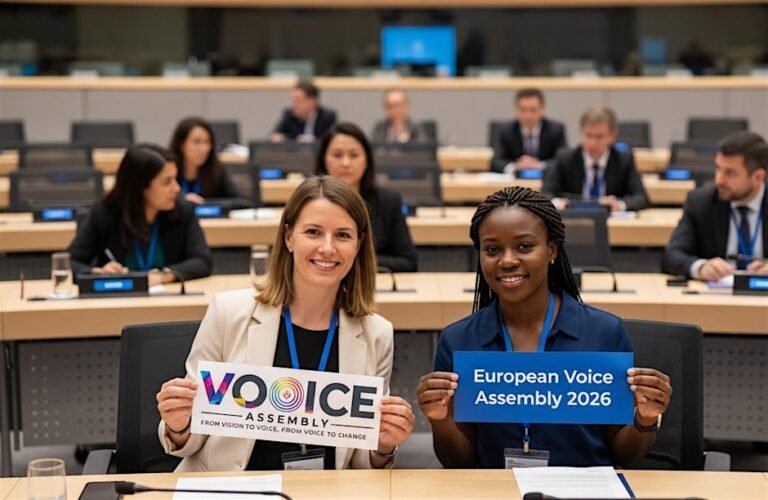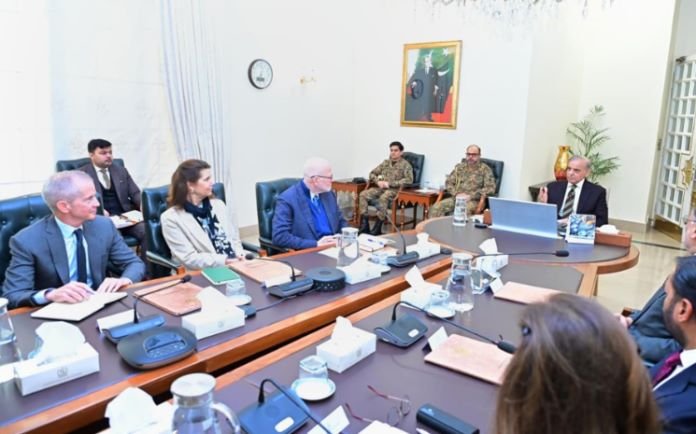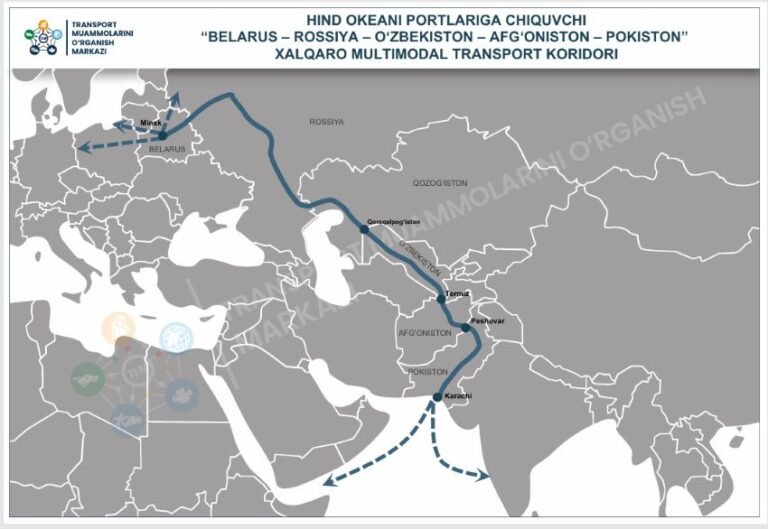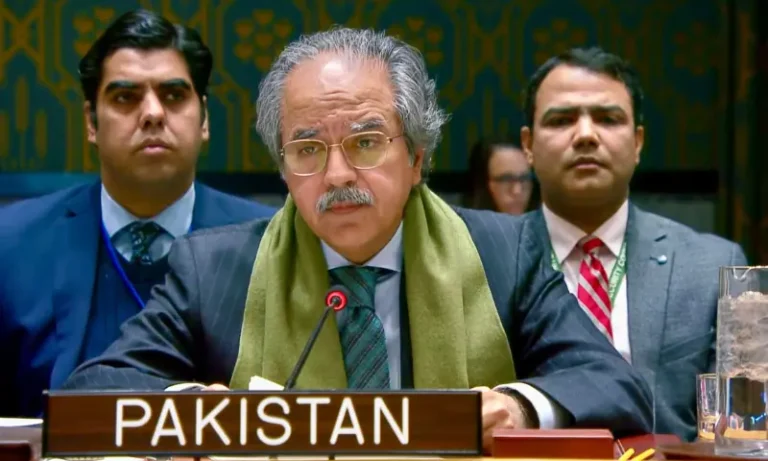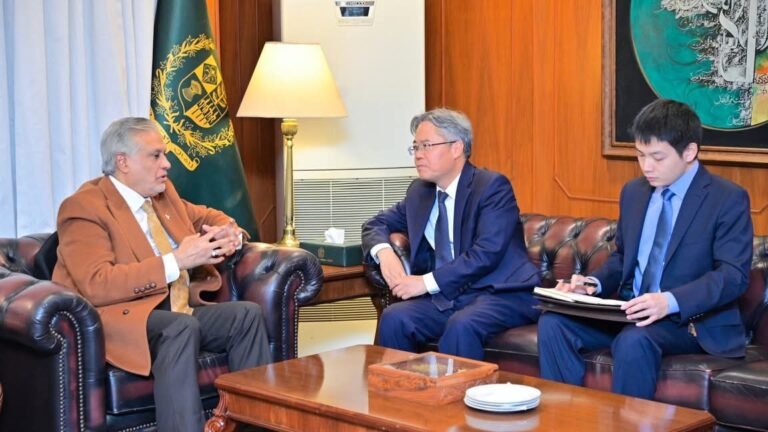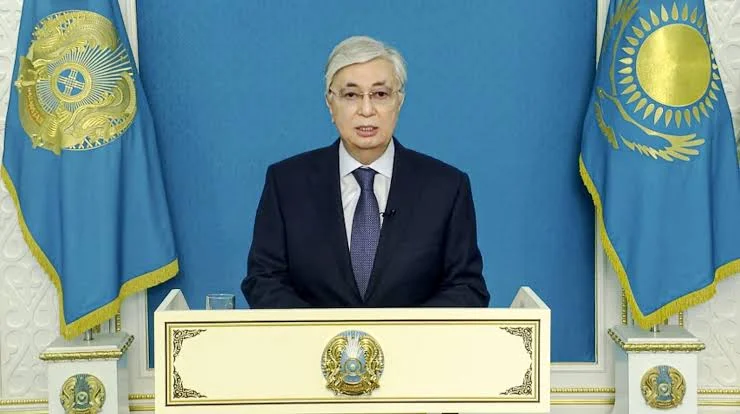Washington (TDI): US Secretary of State Marco Rubio has said Washington is continuing to keep a close watch on Pakistan and India despite the relative calm that followed a ceasefire agreement between the two nuclear-armed neighbors.
In an interview on Sunday, Rubio stressed that such truces are often fragile and require constant vigilance. “Every day we monitor developments between Pakistan and India, just as we do with Cambodia and Thailand. Ceasefires can collapse quickly, especially in today’s climate after a war as long and destructive as the one in Ukraine,” he remarked.
Rubio added that while the US is working hard to encourage a halt in fighting in Ukraine, a durable peace can only come through negotiations rather than temporary pauses in conflict.
Read More: Dar, Rubio Discuss Tariffs as Aurangzeb Heads to US
Earlier this year, tensions between Pakistan and India escalated dangerously. On May 7, India launched “Operation Sindoor,” conducting airstrikes inside Pakistani territory, an action strongly denounced by Islamabad. Pakistan responded almost immediately with “Operation Bunyan-um-Marsoos,” striking back at several Indian military installations, downing six fighter aircraft, including three Rafales, and destroying dozens of drones.
Read More: Dar, Rubio Reaffirm Commitment to Strengthening Ties
The clash raged for nearly 87 hours before Washington stepped in to mediate. President Donald Trump later announced the ceasefire himself, crediting US diplomacy for preventing a wider war. While New Delhi attempted to minimize America’s role in the deal, Islamabad publicly acknowledged Trump’s efforts and even proposed his name for the 2026 Nobel Peace Prize.
Meanwhile, India has since reportedly started “Operation Mahadev,” a covert plan aimed at staging fake encounters and portraying detained Pakistanis as cross-border militants. Analysts say the operation is intended to mask India’s battlefield losses and tighten its grip on the Kashmiri resistance movement.
Farkhund Yousafzai is an Associate Editor at The Diplomatic Insight.
- Farkhund Yousafzai
- Farkhund Yousafzai
- Farkhund Yousafzai
- Farkhund Yousafzai

